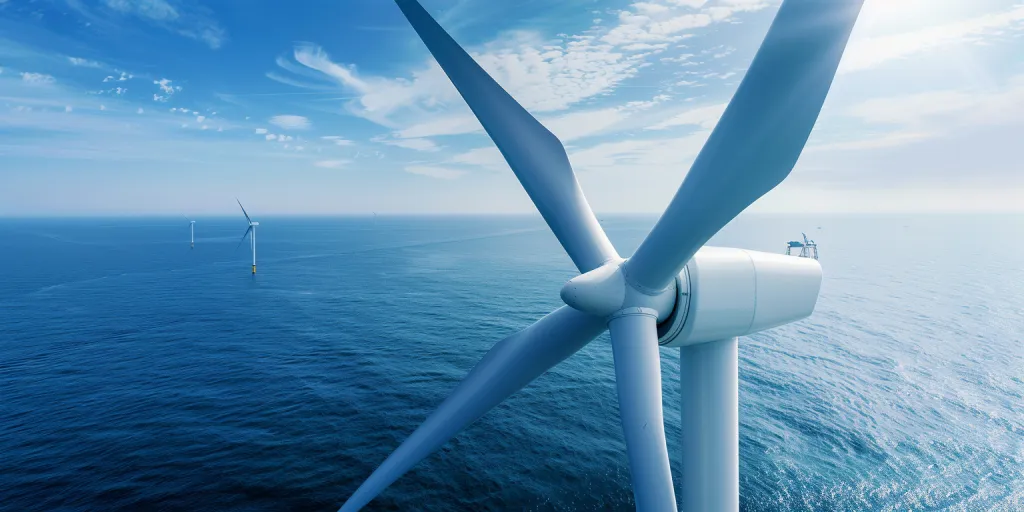Innovations in wind technologies give human civilization the ability to tap into the enormous power of the wind. The development of renewable energy has now reached unprecedented heights. This article delves into wind turbines and the world’s highest wind turbine, exploring the design of these impressive machines, the benefits of using wind energy, the challenges faced, and its effect on the environment and the energy sector. Towards the end of this article, we shall discover why the wind turbines tower above the landscape.
Table of Contents:
– Design and technology behind the tallest wind turbines
– Benefits of higher altitudes in wind energy production
– Overcoming the challenges: Installation and maintenance
– Environmental impact and community reception
– The future of wind energy: What’s next for tall turbines?
Design and technology behind the tallest wind turbines:
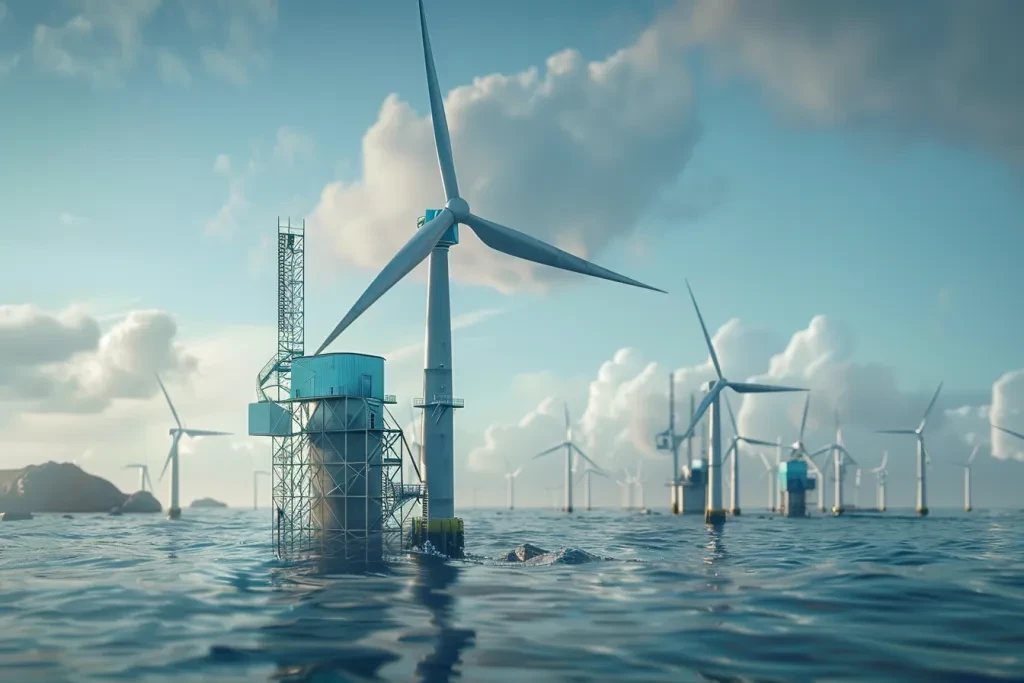
The engineering of the world’s tallest wind turbines is astonishing. Those windmills are designed to catch the wind high up, where it blows more consistently and more powerfully. In fact, the tip of the tower can reach a staggering height of 1,000 feet or more. The blades must be long enough to catch all the air flowing past, more than a football field wide in some cases. The tower has to be tall enough to reach the strongest, steadiest wind. And all this must be built from materials that can withstand the immense forces at work, making them not only engineering marvels but masterpieces of design.
Benefits of higher altitudes in wind energy production:
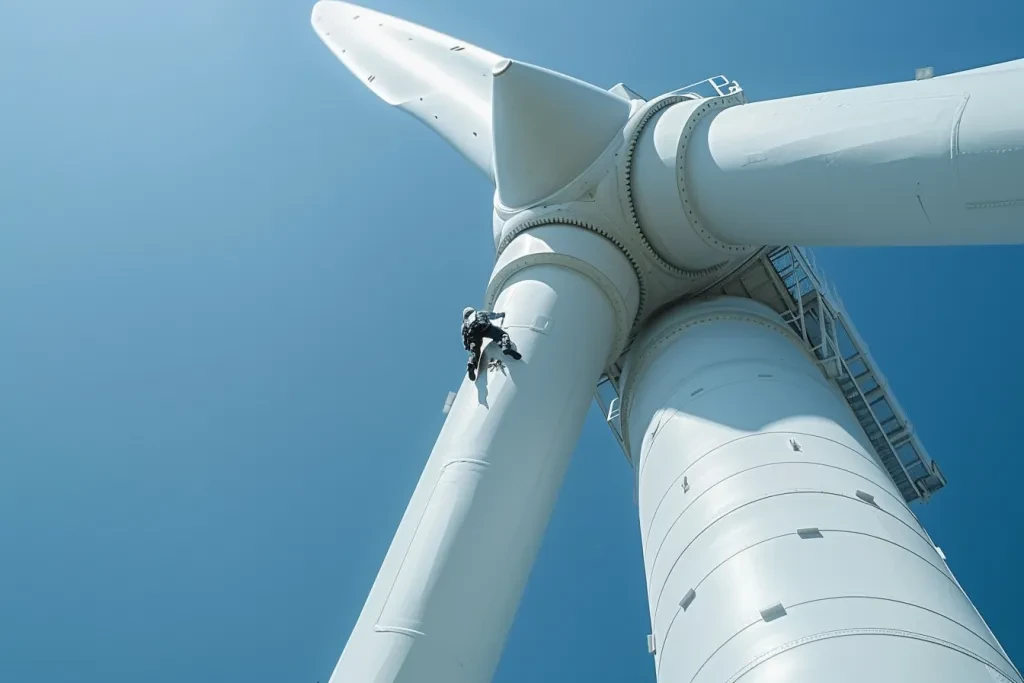
The benefits of reaching for higher winds can be significant. First, the power that can be generated is greater. Higher winds are more constant and less disturbed by the turbulence produced by the topography below, so these turbines have a higher capacity factor, which means they produce more electricity over time than their shorter cousins. By reaching higher in the sky, they also help to steady the energy grid, making it more capable of accommodating the growth of renewable power sources.
Overcoming the challenges: Installation and maintenance:
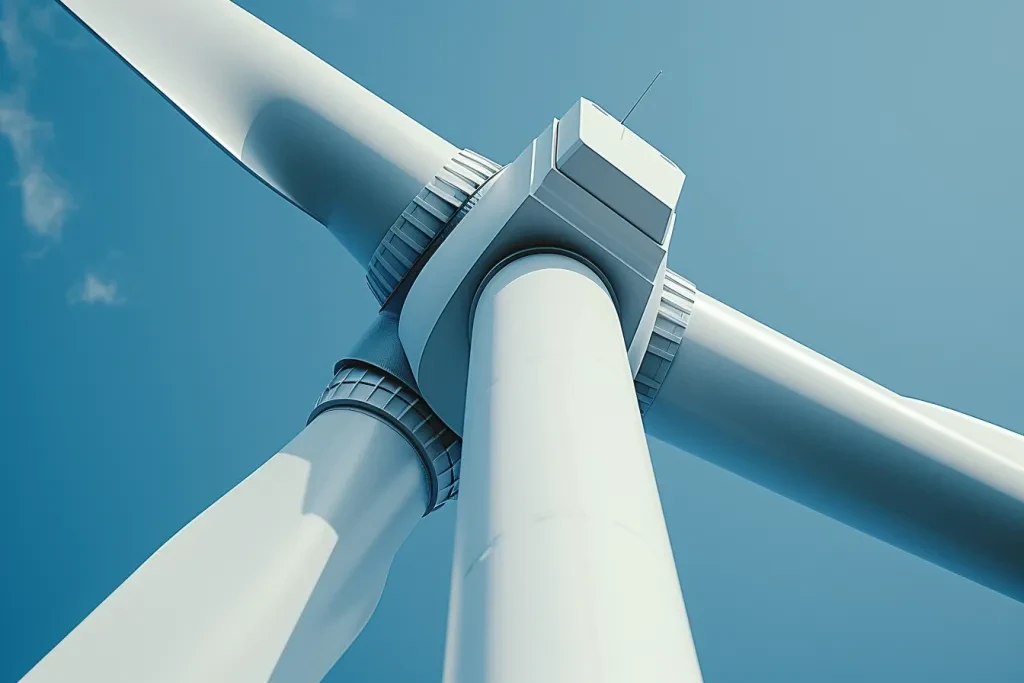
The scale of the tallest wind turbine creates some unlikely scenarios. The components are huge, and getting them to site and assembling them demands specialist handling. Maintaining them means working at dizzying heights. There’s likely a worker dangling from a turbine blade somewhere in the world at this very moment. Aspiring to a Happy Gilmore kind of escapism is fun, but these things need to extract data, clean them and last a lifetime. The good news here is that drone and robot technology are advancing to make all this possible.
Environmental impact and community reception:
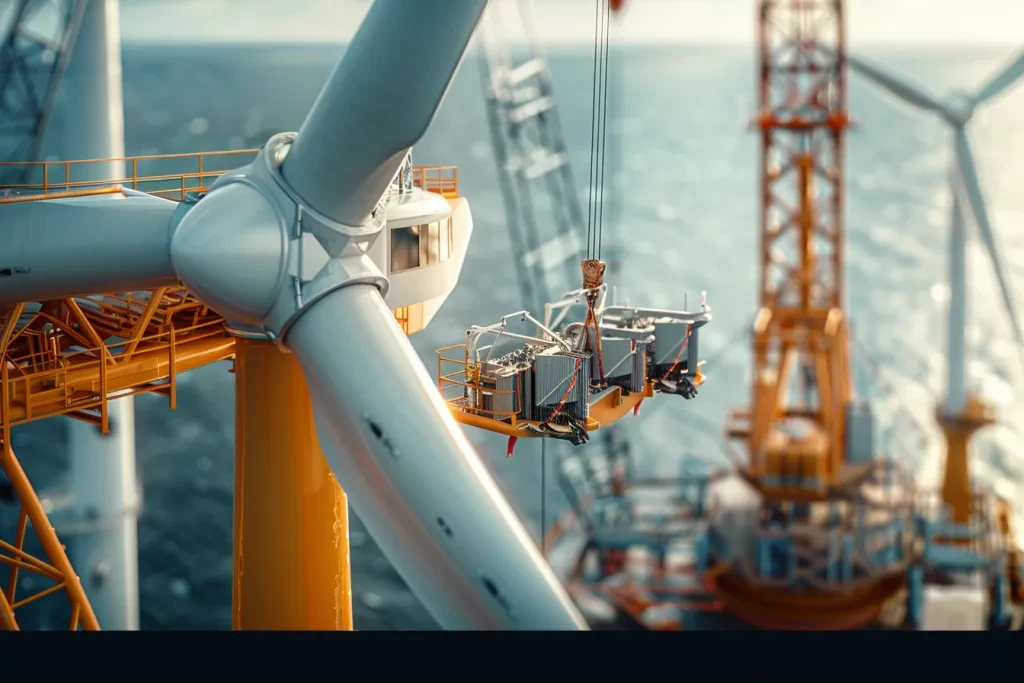
Although the environmental benefits of wind energy are evident, the effects of the giant turbines on local ecosystems and communities are still the subject of ongoing research and debate. Site selection and technology to reduce noise and visual impacts are important considerations, as is community engagement and local investment in infrastructure that can turn opponents into advocates – a small but positive role for renewables in local development.
The future of wind energy: What’s next for tall turbines?:
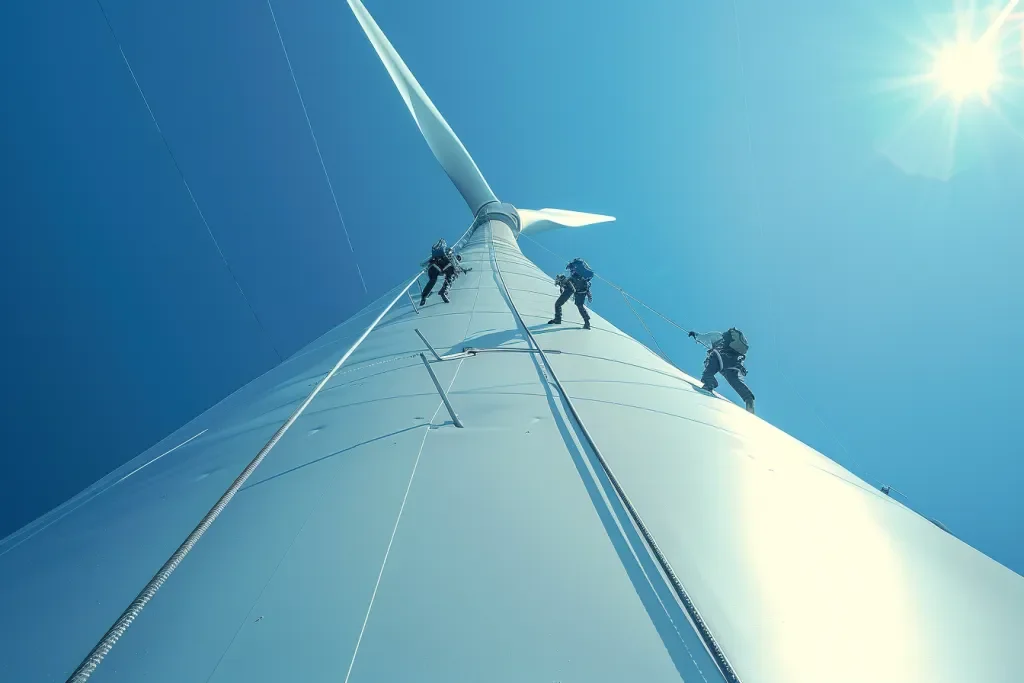
The future trajectory of wind is clear and lofty, both figuratively and literally – materials science and aerodynamic innovation is helping to create even taller, more productive turbines, and as the technology is integrated with other renewables and battery-storage technology, it will usher in the construction of a truly sustainable energy grid. The current tallest wind turbine is just the beginning.
Conclusion:
The tallest wind turbine stands tall as a sign of hope and progress in the renewable energy sector, continuing to move forward in the pursuit of innovation, efficiency and sustainability. Plagued by man-made climate change, the innovation of engineering like this offers hope for weathering the challenges of the future as we march onwards in energy demand. We recognise an upward trend in renewable energy in the shape of these giants.
